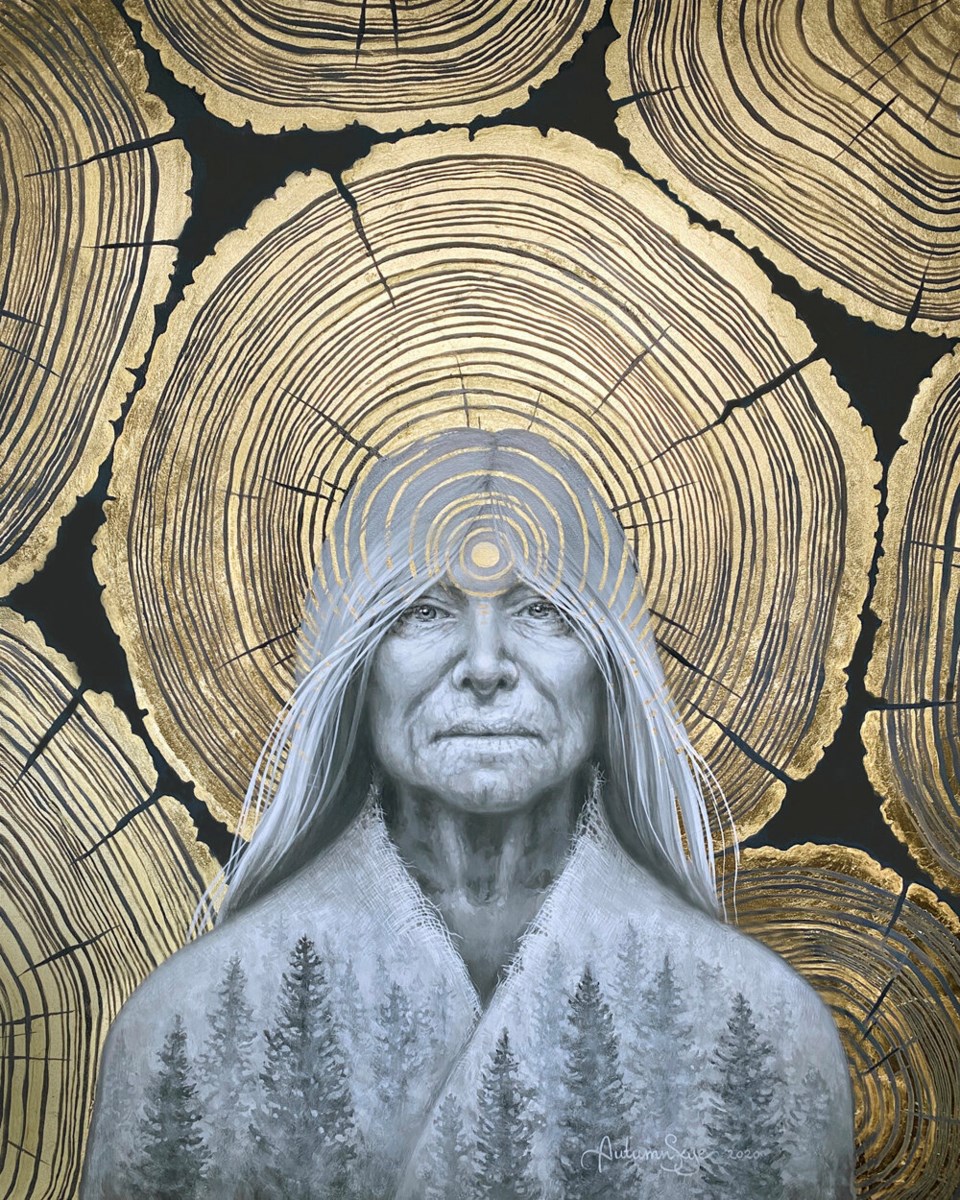It’s hard to say when one becomes an elder. It is surely more than a by-product of time’s passing. Not all who are old are wise.
True elders are respected wisdom keepers. They are also an important key to humanity rebalancing its relationship with the earth, if we would find a place for them to tell their stories.
Even if we only have a handful of elders in our life, the earth precedes us all. What wisdom might the oceans and forests be whispering in the ears of those who would sit at their feet to listen?
Respecting our planetary elders might be a new concept, but it is also the most natural attitude to have toward our oceans and forests. Beyond their sheer majesty and beauty, their resilience over time and despite abuse inspires awe.
Perhaps it is also these strengths that have allowed us to ignore our impact on these giant ecosystems. We can do the same with aging relatives – not see them until their health starts to flag.
Oceans are the lifeblood of the planet. Hosting plant life that produces over 70 per cent of the world’s oxygen, they might also be called her lungs.
Some of their most majestic beings, blue whales, live an average of 80 years. Whales are said to be the record keepers for humanity, in fact. What tales might they tell?
Trees literally help hold the land in place, hugging the thin, life-giving layer of the soil to the earth’s core. Californian redwoods can reach 300 feet and be as old as 2,000 years. Forests are communities of life held in a delicate and sacred balance.
The difference between facts and true knowledge is the benefit of lived experience. In the twists and turns of a life well lived are jewels of understanding that supersede memorized tidbits. This is what elders of all species possess.
In a culture where elders can be relegated to the edges of daily life, tucked away from sight, the natural knowledge transfer and support so prevalent in more traditional village life are lost. If we don’t know our history, however, we may be doomed to repeat it.
There is also an honesty to the aged. No more time for fluff, one might say. They get straight to the heart of the matter, often using few words to get there. So too, is the language of the earth’s elders.
By listening to the waters and trees, we might steer a new course for the earth and ourselves. Knowing that our fates are intricately entwined might help to motivate.
Let’s Talk Trash is contracted by qathet Regional District to offer its waste reduction education program. For more information, email [email protected] or go to LetsTalkTrash.ca.



